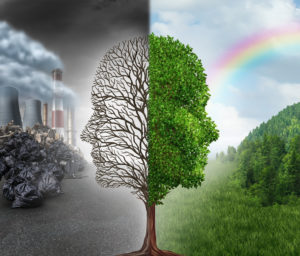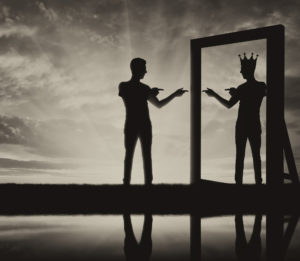
As a life coach, I am supposed to be positive and optimistic. And I am. However, sometimes naming the elephant in the room is the most positive thing you can do. Acknowledging a challenge squarely is a crucial first step towards working through it. Covid-19 is an unprecedented health, economic and humanitarian crisis. The scale of dislocation being created by this single event is staggering. It is affecting each of us in some way or another and we are quite far from being done with it.
While we are still jostling with this crisis, we should also take the time to reflect on what it’s trying to teach us. Moments of crisis usually bring into sharp focus what’s truly important in life. They also make us question the futility of many of our daily pursuits and things we usually stress about.
I believe this crisis is a reflection of our society’s deteriorating relationship with nature. How our unchecked thirst for growth forces animals away from their natural habitat and closer to humans. (Destruction of nature and Coronavirus) Besides, it’s a reminder of our inability to appreciate our interconnectedness and the need to nurture the whole not just our individual selves. While disproportionate rewards of individual success make us self-centered, this crisis is teaching us that eventually we all sink or swim together.
This crisis also serves as a warning sign from the universe of what lies ahead if we don’t change our ways. There are some sparks of positive change emerging from this tragic crisis, but more about that in my next post. First here are some thoughts on what can go wrong if we simply pursue the old normal.
There are four disruptive themes that are active and growing in our society – climate change, income inequality, parochial nationalism and rapid technological advancement. While any one of these has the potential to create a social tsunami, the prospect of some or all of these coming together at some point is…




















